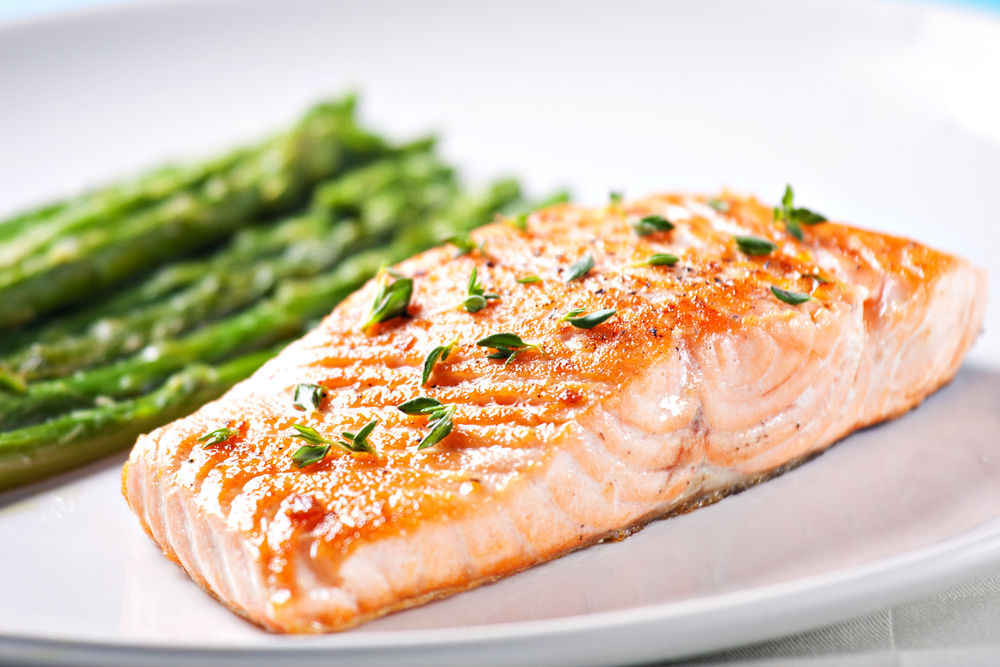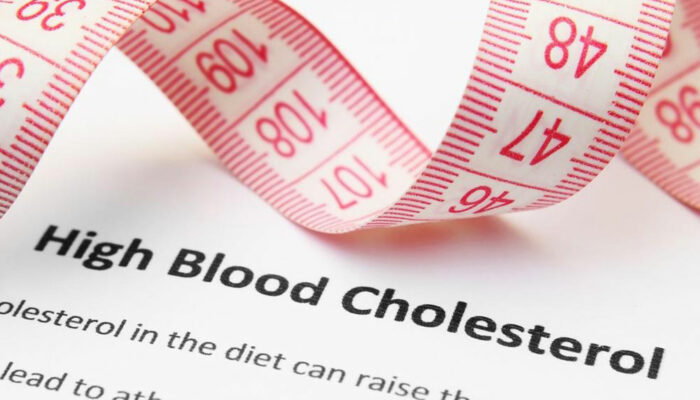
Foods to Manage Schizophrenia
Schizophrenia is a serious mental health disorder that has to be managed properly and under medical supervision. The condition causes patients to mistakenly interpret reality abnormally often resulting in symptoms that may include hallucinations or delusions, emotional withdrawal, and disordered thinking and behavior that impacts daily functioning.
While many doctors recommend ongoing therapy with a mental health professional and medications such as Invega Sustena or Invega Sustenna to help you manage symptoms; the foods patients eat can also play an important role in managing symptoms:
1. Sweet potatoes
There are several reasons that sweet potatoes are good for people who have schizophrenia. They are filled with beta-carotene. Studies have shown that beta-carotene can protect the brain from damage. It can also protect the DNA from oxidative stress. Oxidative stress has been linked to anxiety, depression and schizophrenia.
2. Spinach
Spinach is a leafy green. It is high in folate. Keep in mind that folate is called folic acid when it is in a supplement or a fortified food. Folate can help you cope with the symptoms of schizophrenia because studies show that folate plays a crucial role in DNA methylation, which regulates gene expression, reducing negative symptoms. Other foods that have folate include beef liver, asparagus and black-eyed peas.
3. Fresh fruits and berries
Studies have shown that many people who have schizophrenia do not get enough fiber in their diet. Apples, pears and raspberries are some of the fresh fruits that you should have in your diet. Fiber helps lower your cholesterol level. It can also help improve your digestion. Additionally, it can protect against diabetes and heart disease.
4. Fatty fish
Fatty fish is made up of omega 3 fatty acids. There has been evidence to suggest that omega 3 fatty acids can slow down the progression of schizophrenia. Mackerel and salmon are examples of the fish that you can eat. If you don’t like the taste of fish, then you should talk to your doctor about taking omega 3 fatty acid supplement.
5. Shellfish
Shellfish include lobsters, crabs and shrimp. They are filled with zinc. Studies have shown that many people who have schizophrenia do not get enough zinc in their diet. Zinc is also available in the form of a supplement, but you should talk to your doctor before taking one.
6. Yogurt
There is a connection between gut health and brain health. In fact, there are some health experts who refer to the gut as the second brain. Some studies also suggest that bad bacteria in the gut can trigger or worsen schizophrenia symptoms. Probiotics are found in plain and greek yogurt and also kefir, miso, kombucha, sauerkraut and kimchi.
7. Fresh vegetables
Vegetables are among the best foods that you can eat. They are filled with fiber as well as many other essential nutrients. Potassium is one of the important nutrients that vegetables have. It helps keep your blood sugar in check. People who have schizophrenia are more likely to have high fasting blood sugar. Lime beans, kidney beans and lettuce are some of the best vegetables that you can add to your diet.



